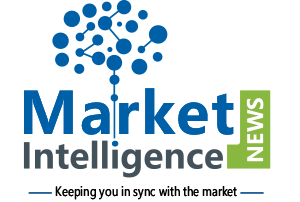While some people insist on living exclusively on cash, the majority of us use credit over time to cover our major costs in life. You may seek a loan at your local bank to aid you in paying the cost of big-ticket items like a home or a car, starting or expanding a company, remodeling a kitchen, or paying for education.
You may need to choose between an Unsecured and Secured Loan when thinking about your credit alternatives. Secured loans demand that you pledge a valuable asset as collateral in the event that you are unable to repay the loan. However, unsecured loans let you take the money in full.
Both forms of loans have advantages and disadvantages, so it is essential to be aware of them before making a choice.
An Unsecured Loan: What Is It?
Unsecured loans do not require collateral, although they still include interest and occasionally fees. Unsecured loans include personal loans, credit cards, and student loans.
Financial companies grant unsecured loans since there is no collateral, largely based on your credit scores and track records of repaying previous obligations. The interest rates for unsecured loans may thus be greater than those on secured loans.
Personal loans without collateral are becoming more common. The online loan marketplace Lending Tree estimates that there are around 20.2 million private loan lenders in the United States. You may get a personal loan to do just about anything, including remodelling your kitchen, paying for a wedding, taking a dream vacation, or paying off credit card debt.
Most individuals take out personal loans to consolidate their debt, and because personal loans sometimes have lower APRs than credit cards, debtors may frequently reduce their interest costs.
Click here to read about FHA Loan
A Secured Loan: What Is It?
Collateral serves as security for a loan that is secured. There are 2 types of secured loans are car and mortgages loans, both of which use your vehicle or home as collateral. But in reality, collateral could be any kind of financial asset you own.
Additionally, the bank has the right to take your collateral as repayment if you default on your loan. Your credit record will include a repossession for up to 7 years.
Moreover, a lien is placed on the property you submit as security when you take up a secured loan from a lender. In the event that the loan is fully repaid, the lender will release the lien, and you will then be the sole owner of the assets.
Secured loans may be riskier than unsecured loans since your assets may be taken if you don’t pay them back. When you get a secured loan, you still have to pay fees and interest on the loan, which is determined by your creditworthiness.




